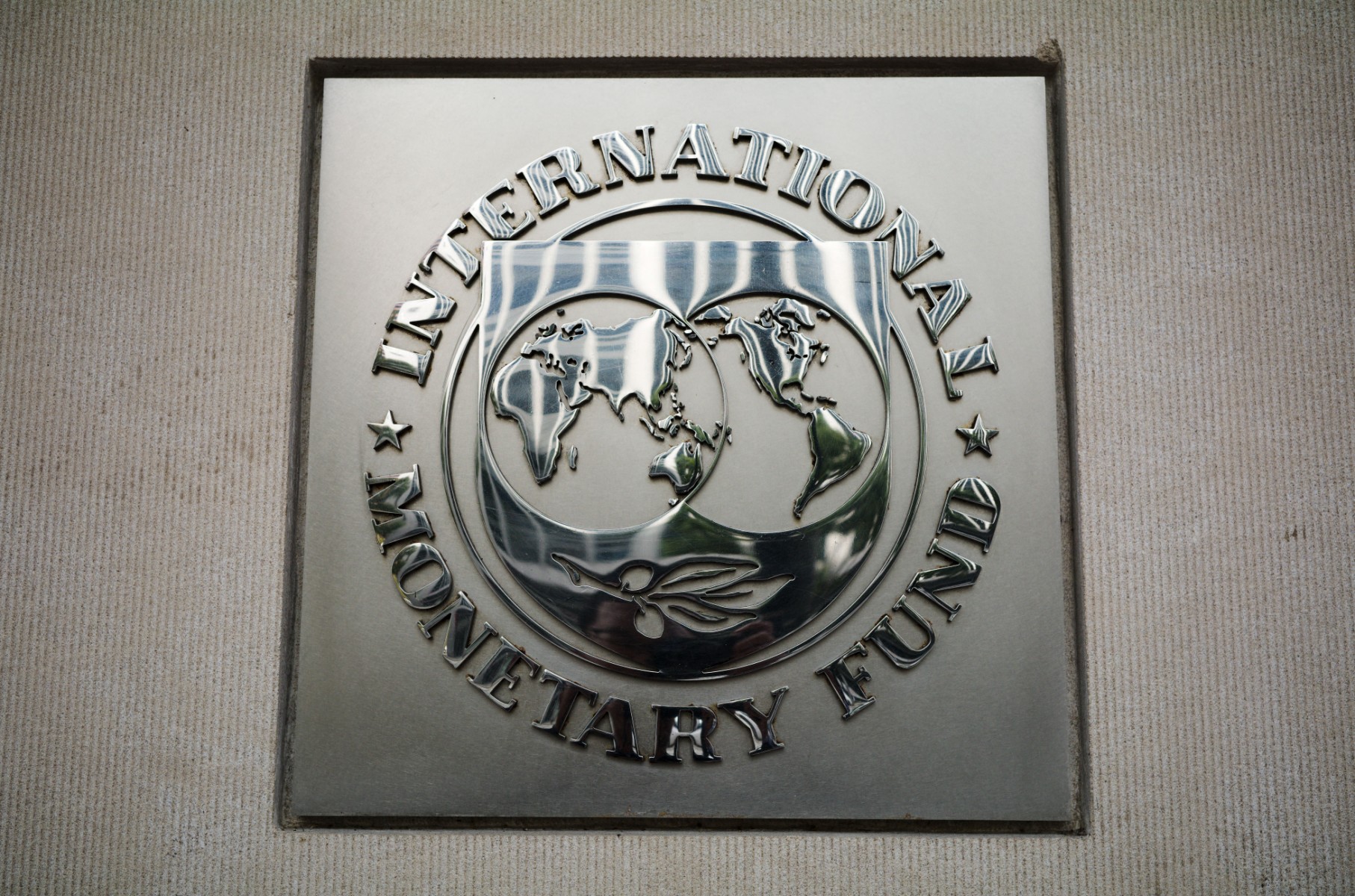Dubai, UAE – The International Monetary Fund (IMF) in a report has indicated that the global economy is on course for a soft landing, despite ongoing weaknesses in activity and growth prospects.
“The cyclical position of G20 countries has proven stronger than previously anticipated as disinflation has so far proceeded without triggering a recession and emerging market economies have demonstrated improved resilience,” said the G20 Surveillance Note, which was published before the G20’s Finance Ministers and Central Bank Governors’ Meeting in Sao Paulo, Brazil from Feb. 28-29.
A soft landing, described as an economic slowdown resulting from a central bank’s cautious interest rate increases, aims to avoid a recession.
“Looking ahead, monetary policy is expected to loosen somewhat in 2024. However, medium-term growth prospects remain subdued—reflecting secular trends and challenges including weak productivity growth, ageing, geoeconomic fragmentation and climate vulnerabilities,” said the report.
The IMF suggested that global economic growth could surpass expectations if disinflation progresses faster than anticipated, prompting earlier monetary policy easing. Conversely, the institution cautioned that spikes in commodity prices, ongoing labor market tightness, or renewed supply chain tensions could rekindle inflationary pressures.
The report stressed the importance of a balanced combination of fiscal and monetary policy to ensure stability in debt, prices, and the financial system. Additionally, the IMF urged G20 policymakers to intensify efforts in addressing climate change, unlocking Africa’s growth potential, enhancing the resilience of the international monetary system, and ensuring the responsible adoption of artificial intelligence to maximize its benefits.








